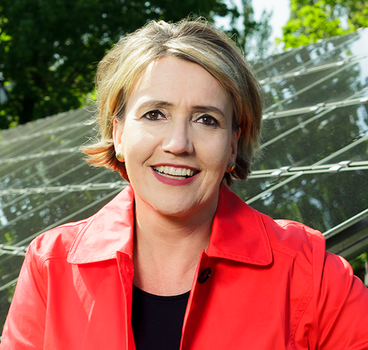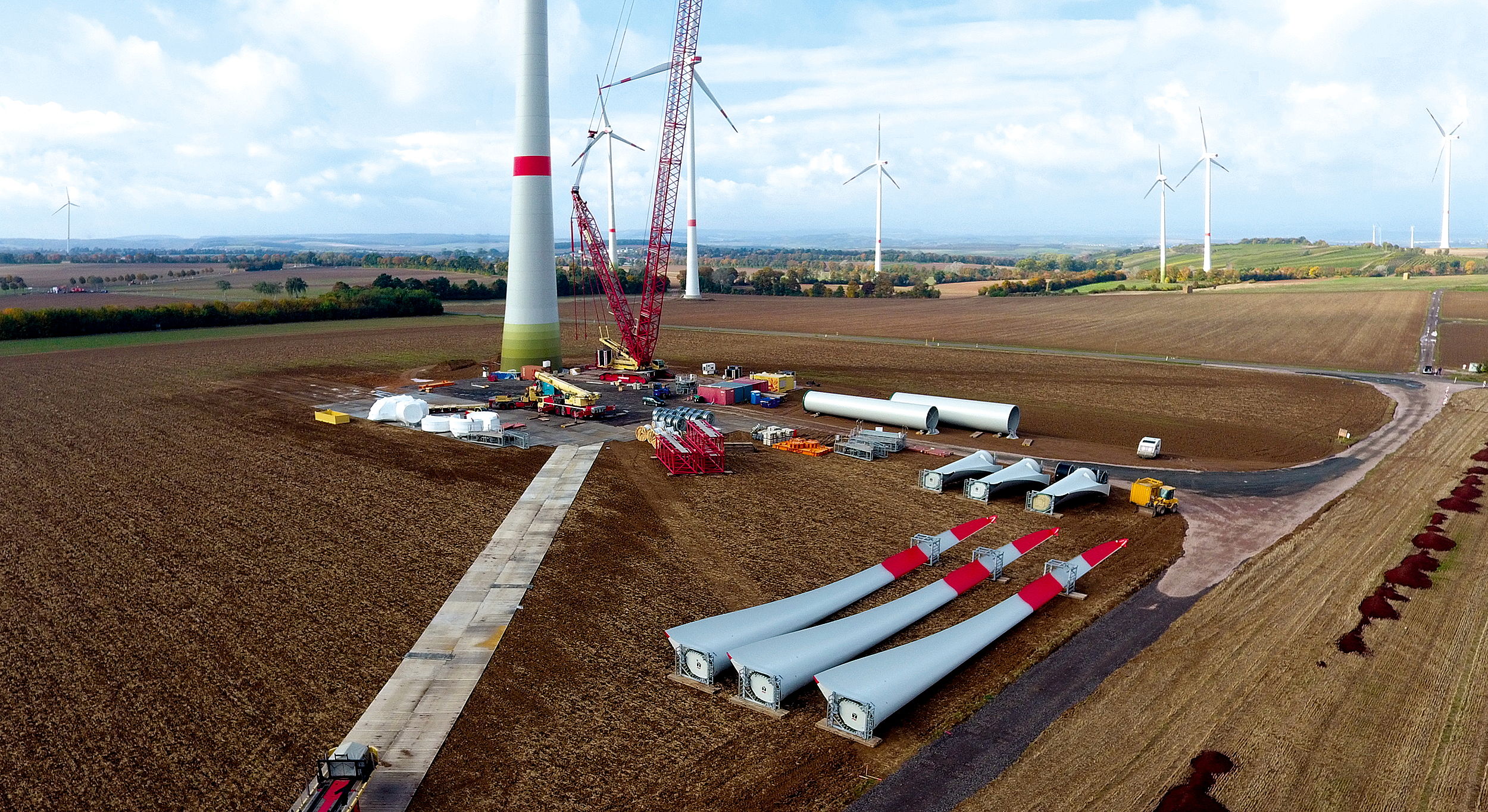Preview 2023: Germany, EU must respond to U.S. “Inflation Reduction Act” - BEE
This interview is part of a series to preview the German and European energy and climate policy year 2023. The other interviews will be published over the coming weeks.
Clean Energy Wire: Energy and climate policy in 2022 has been dominated by Russia's war on Ukraine and the European energy crisis. What impact do you expect the war to have next year and which other topics will likely dominate the agenda in your sector in 2023?

Simone Peter: The fossil price and supply crisis will continue to cast a shadow over the next year. This means renewable expansion will have to be accelerated in every sector, and must be accompanied by simpler licensing and planning procedures and better political framework conditions. The BEE has made extensive proposals to this in its package on accelerated renewable construction. Adapting the market framework to a new market reality means further developing the Renewable Power Act (EEG) and other laws in a way that reflect the massive cost increases for securing materials and funding. The platform for a “Climate Neutral Power Market Design” must quickly put us on track towards a power market based 100 percent on renewable energy. Furthermore, the transition in the heating and transport sector also need to get ahead.
Chancellor Scholz's coalition government has just finished its first year in office - what do you think the administration got right so far and what does it have to deliver on most urgently next year?
The coalition has been working at high speed from the start and has introduced more than 30 laws and many regulations. The "Easter Package" has been at the centre of these activities. At the same time, however, the “toolkit” of regulatory and support policies has not been adapted to match the ambitious renewable power goals. This needs to be addressed. An “unleashing package” should provide legal clarity on the precedence for renewables when balancing interests; including in special laws and for renewable heating to make sure the energy transition is gaining traction on the ground. Sufficient construction areas, leaner planning and licensing procedures, and more citizen energy projects are important measures to speed up the transition. Federal states have a responsibility here that they need to deliver on.
Which topics have been overshadowed by the crisis in 2022 and should receive more attention in the new year?
What’s important now is to further reduce our dependence on fossil gas with regards to winter 2023/24. For this to happen, the potential of bioenergy as a direct substitute for natural gas must be better exploited, while the use of solar thermal installations, geothermal energy, and heat pumps also needs to be scaled up. This is going to require a legal basis for the mandatory share of 65 percent renewable energy in heating, further development of support programmes, and more skilled workers. Another task for Germany’s government and the EU will be to come up with a European response to the USA’s “Inflation Reduction Act.” The German government must push for national and European measures together. At the same time, it will have to secure enough leeway for investments and must not turn its “energy price brakes” into “expansion brakes.”

